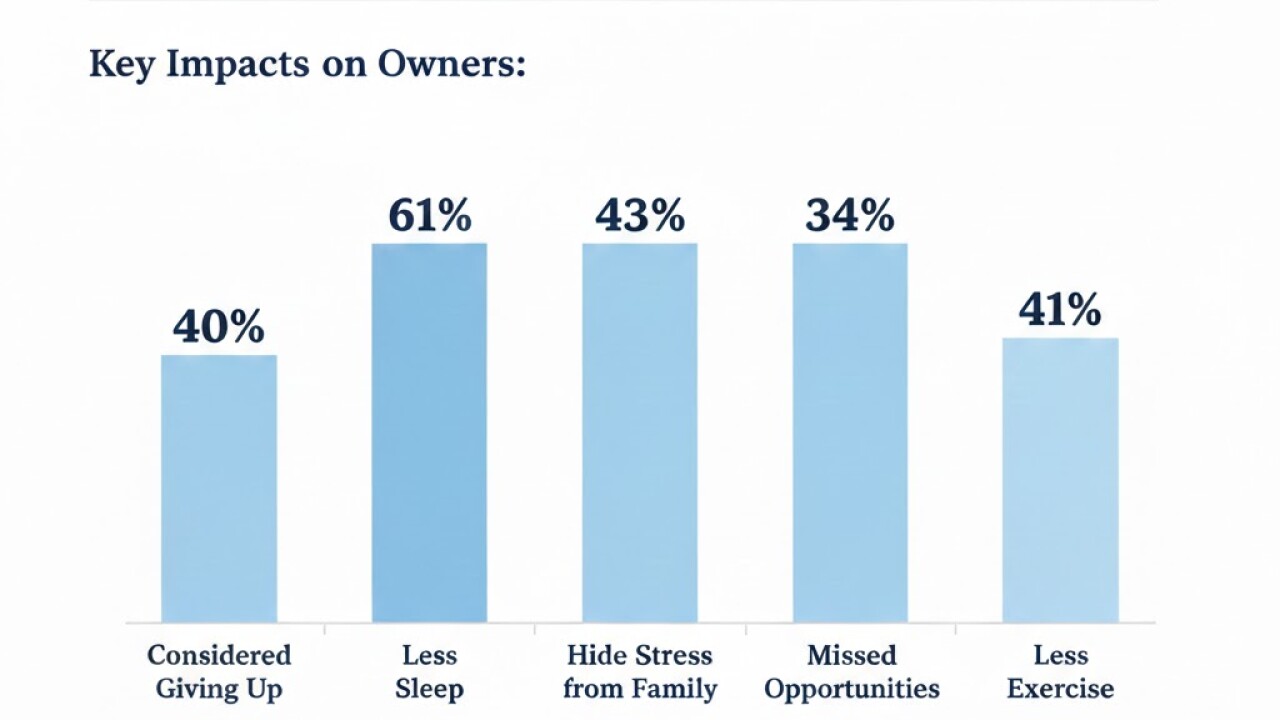New Jersey is working to join a roster of U.S. states that are offering tax breaks to local military personnel, as a state legislator has authored a bill that would exempt income earned by military personnel stationed outside the state for at least six months from the state's gross income tax."I think there's no question that our men and women who are serving in the military are sacrificing a tremendous amount already," said New Jersey Assemblyman Michael Panter, author of the bill. "To tax them from a state perspective, when they're not in New Jersey taking advantage of the state services and infrastructure, really it's a windfall to the state, and I think it's incredibly unfair."
If Panter's measure becomes law, the bill, Assembly No. 3988, will be retroactive to 2006.
"I expect it to pass the legislature," said Panter. "The real challenge is going to be to convince Governor [John] Corzine to sign a bill that is going to lead to a decrease in revenue." Panter estimated that passage would result in an annual revenue reduction of approximately $9 million for the state.
Currently 26 states offer tax breaks for members of the military. Specifically, five states offer outright exemptions from the state income tax for military pay: Illinois, Michigan, Montana, Arizona and Tennessee. The remaining states offer various combinations of credits and exemptions that can reduce taxes on military income, and extensions of time for filing and payment of tax liabilities.
GOV'T DOING ITS PART
Since the 9/11 terrorist attacks, several changes to federal tax law have been favorable to the military, including automatic extensions of time to file tax returns and pay taxes.
On Memorial Day 2006, President George W. Bush signed the Heroes Earned Retirement Opportunities Act, a law that allows members of the armed forces to treat non-taxable combat pay as earned income for purposes of calculating IRA contributions. The law is retroactive to 2004, so not only can prior tax returns be amended to take advantage of the Hero Act provisions, but also affected taxpayers can make retroactive IRA contributions going back to 2004. These contributions can be made at any time until May 28, 2009.
"Here you have people who are serving in combat zones and their income is generally not taxable. This law allows them to use that pay to contribute to an IRA, so it allows them to get started on their retirement savings or add to their retirement savings, even though they don't have earned income. They may not even have a filing requirement," explained Jackie Perlman, CPA and senior tax research coordinator for H&R Block.
Another recent retirement-related benefit for members of the military can be found in the Pension Protection Act of 2006. The provision, effective through Dec. 31, 2007, allows people in the military, including Reserve and National Guard members, to take money out of tax-deferred retirement funds without penalty, as long as they were on active duty for at least 180 days after Sept. 11, 2001.
Perlman pointed out that the tax is not waived on money withdrawn from retirement plans, only the penalties. People who take advantage of this provision have until two years after their active duty ends to replace the funds in their accounts without penalty. Amended returns can be filed back to 2001 to utilize this provision.
Members of the military also are granted automatic extensions to file their tax returns. If they are in a combat zone during tax season, they get an automatic extension of six months from the time they leave the combat zone. Military service members serving elsewhere overseas have an automatic two-month extension.
Additional federal legislation is pending that would expand combat zone tax relief to include FICA and Medicare taxes, and extend existing combat zone income tax relief to spouses of service members. The idea behind the bills, both sponsored by Republican Congressman Scott Garrett, is that "during the months that our soldiers are fighting, they can have some peace of mind that their absence at home will not be wrought with financial hardship on their families."
Sometimes there can be too much of a good thing. Army Lt. Col. Janet Fenton, executive director of the Armed Forces Tax Council, pointed out that members of the military who choose to exempt their combat pay from income tax might actually lose out on some tax credits. Last year the tax law changed to enable members of the military to elect to report combat pay on their tax returns so that they can take advantage of the Earned Income Credit and the Child Tax Credit. These taxpayers will not be subject to income tax on the combat pay income.
There have been other military-related changes to tax laws in recent years at both the state and federal levels, and additional bills geared toward helping members of the military and their families continue to surface. Perhaps this is a function of the military's presence being more visible, between terrorist-prevention efforts and the conflicts in the Middle East.
"I think at this point everyone is more sensitive now during a time of war to the sacrifices that these families are making," said Panter. "There's more awareness."





